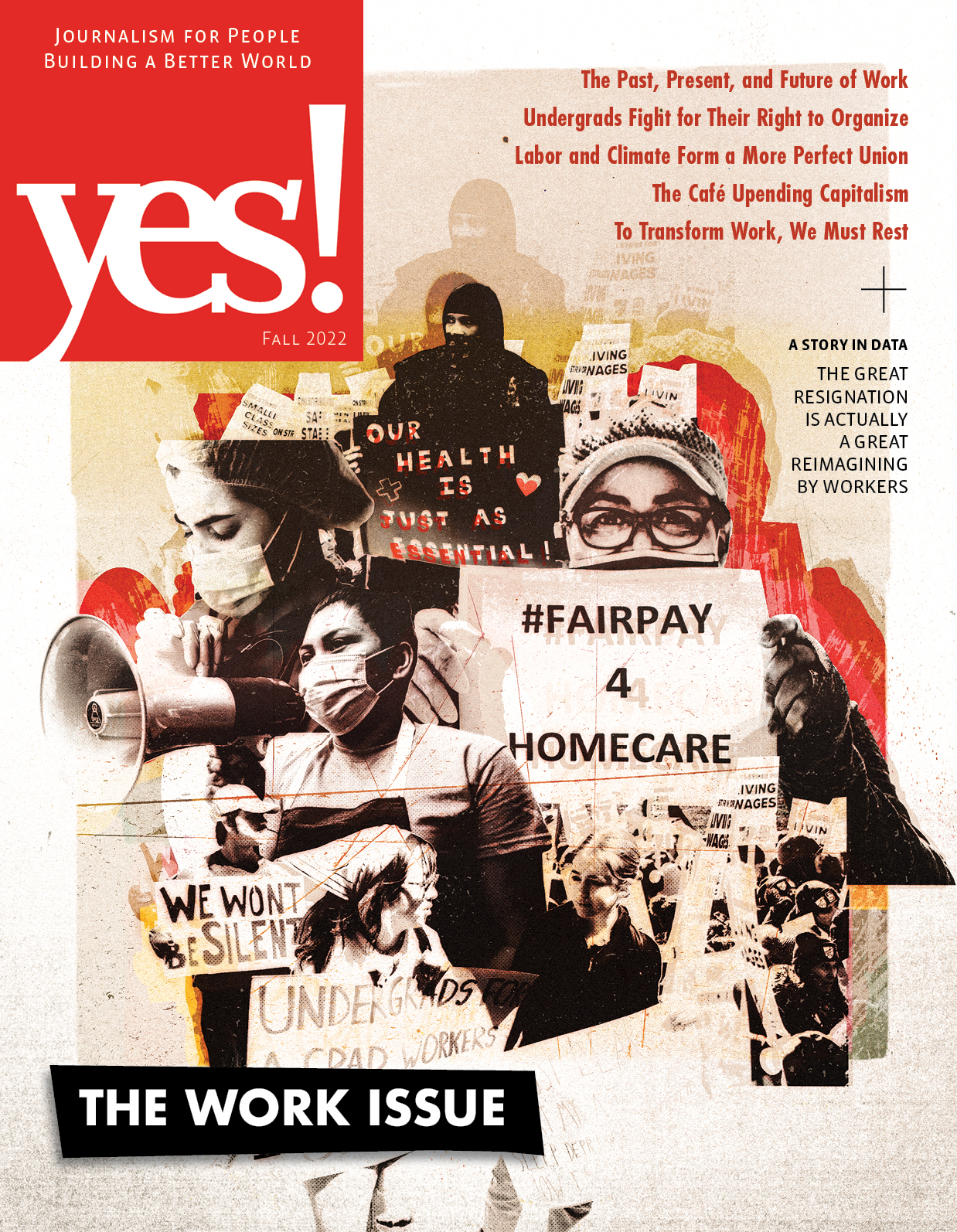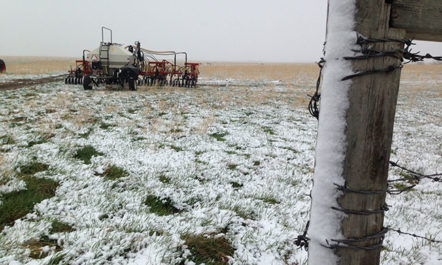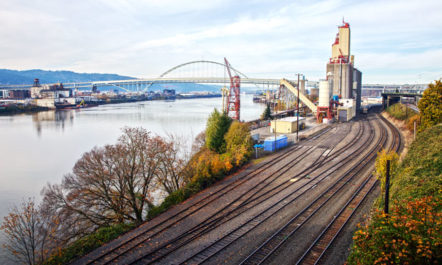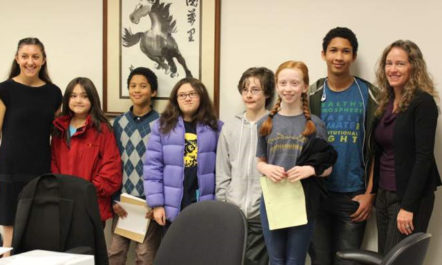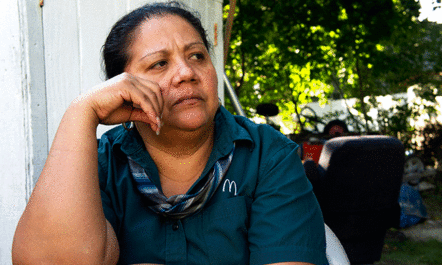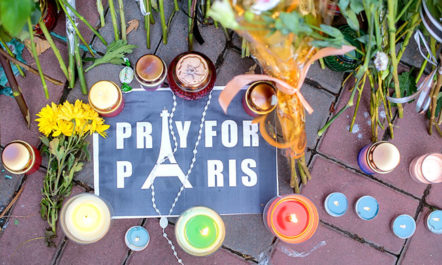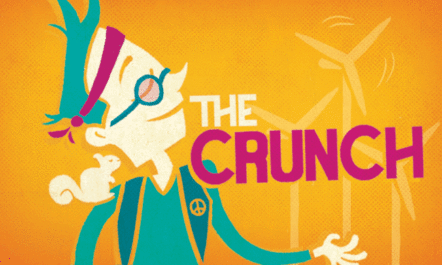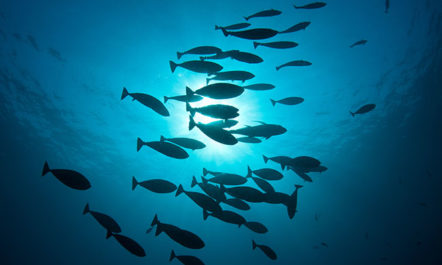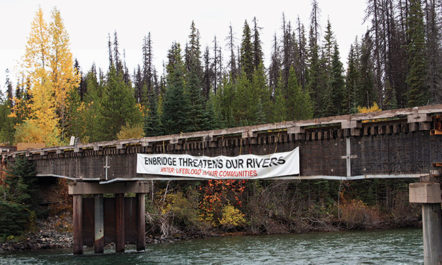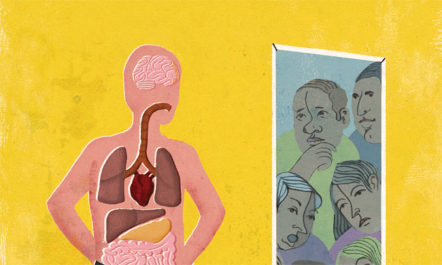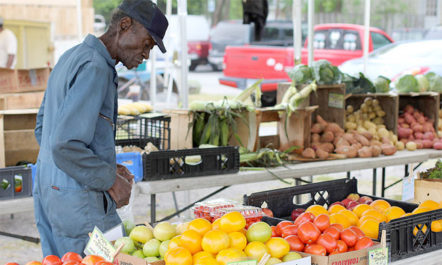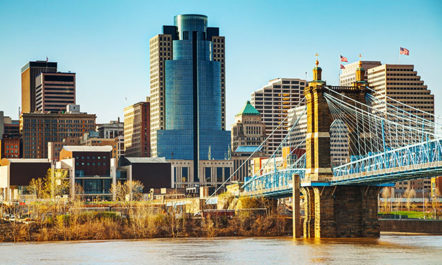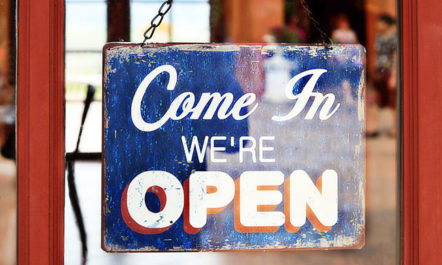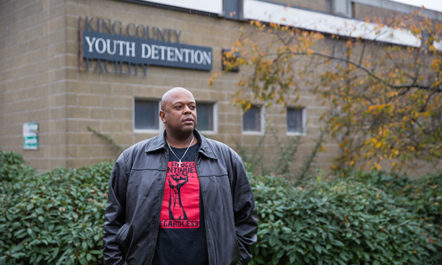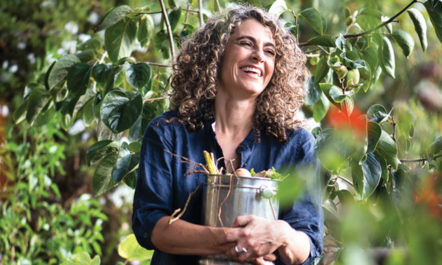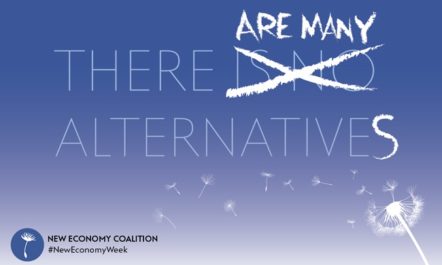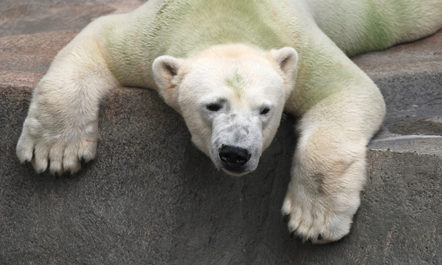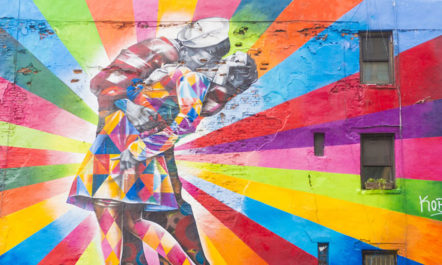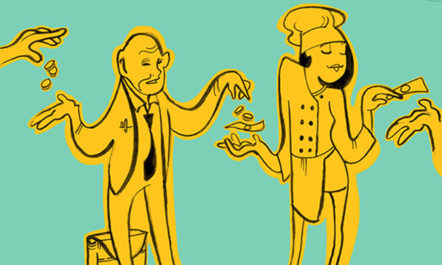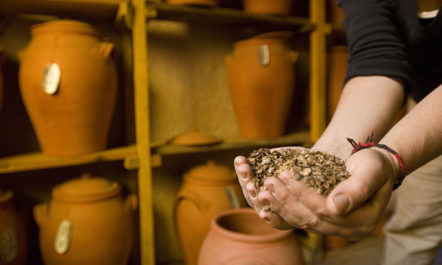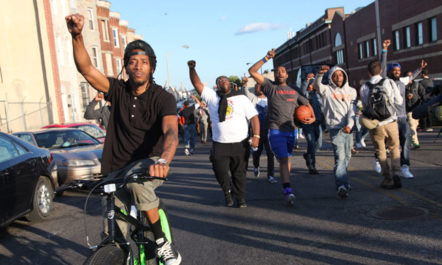A new documentary shows planning options to mitigate a new climate, but questions about the global South are largely ignored.
Turning the city's resolution into policies that protect health and safety is one fight that lies ahead. Another is forging a wall of resistance from San Diego to Vancouver, B.C.
In Washington state, eight kids took the government to court to safeguard their future through stronger regulations on carbon emissions. Here's what they gained.
Journey with us to the Unis'to'ten camp, where one First Nations clan stands in the path of three pipelines.
Like refugees everywhere, my mom gave her children the gift of a better life—and an understanding of what it means to risk everything for it.
The rise of ISIS, the “war on terror,” the attack on Paris—these are symptoms of a civilization in its twilight. But the displays of global solidarity show that the seeds of a new paradigm are being planted.
Portland's vote to stop new fossil fuel infrastructure, new legislation to protect butterflies, and why what we call ISIS matters.
How the majority of life on Earth lives under the sea, and 22 other facts about our world today.
In British Columbia, a clan of the Wet’suwet’en First Nation has reoccupied its traditional lands in order to stop several proposed energy pipelines.
Physical well-being depends on more than keeping our bodies fit. Emotions and the people who come into our lives matter just as much.
It’s a once-in-a-generation opportunity: Selling to employees can yield a better price, preserve a legacy, keep jobs and profits local—and maybe even eradicate inequality.
Those in the food justice movement question whether the agency’s recent efforts are a superficial attempt to appear supportive of local food and minority farmers.
A "Jubilee" initiative in Cincinnati aims to wipe out the debts of the city's poorest people. Theologian Walter Brueggemann explains the idea's biblical foundations.
A “silver tsunami” of retiring business owners is coming, and with it, one of the biggest changeovers of privately held companies in U.S. history. Here’s how we can help owners pass on their legacies—to their workers.
“We have always said that this is a battle of imagination over incarceration.”
Whether it's microbes in the dirt or fresh air—or both—researchers do know this: Gardening is strong medicine.
The next big trade deal is poised for a congressional vote in 2016. Here's what that means for the planet.
For nearly 20 years, the residents of this mostly African American Greensboro community had nowhere to shop for food. They tried to attract a big-box grocery store; when that didn’t work, they started their own.
Large utility companies control about 75 percent of the electricity market in California. A hybrid between a public agency and private utility, the new Community Choice program is a model for communities that want greener, cheaper energy.
This week, we bring you five pressing challenges blocking our way to a better economy—and a dose of solutions.
No global agreement is coming to save the day. Our powers lie elsewhere, in our communities especially, and this is where we must take the battle.
What if we gave everyone a universal basic income, and studied the adverse impacts of development before razing neighborhoods? The policy agenda of a national network you didn’t know existed.
The plan to build better, more connected, flourishing communities is here—and it won’t require putting a Starbucks on every block.
Just six companies control 63 percent of the commercial seed market. But seed libraries offer us an opportunity to reclaim the seed commons and create our own community food systems.
Because structural problems need structural solutions.
Help Fund Powerful Stories to Light the Way Forward
Donate to YES! today.
